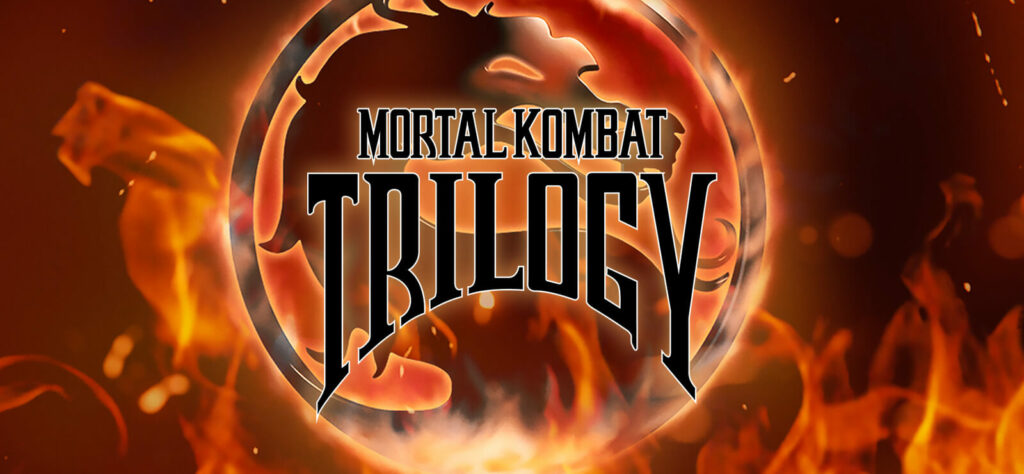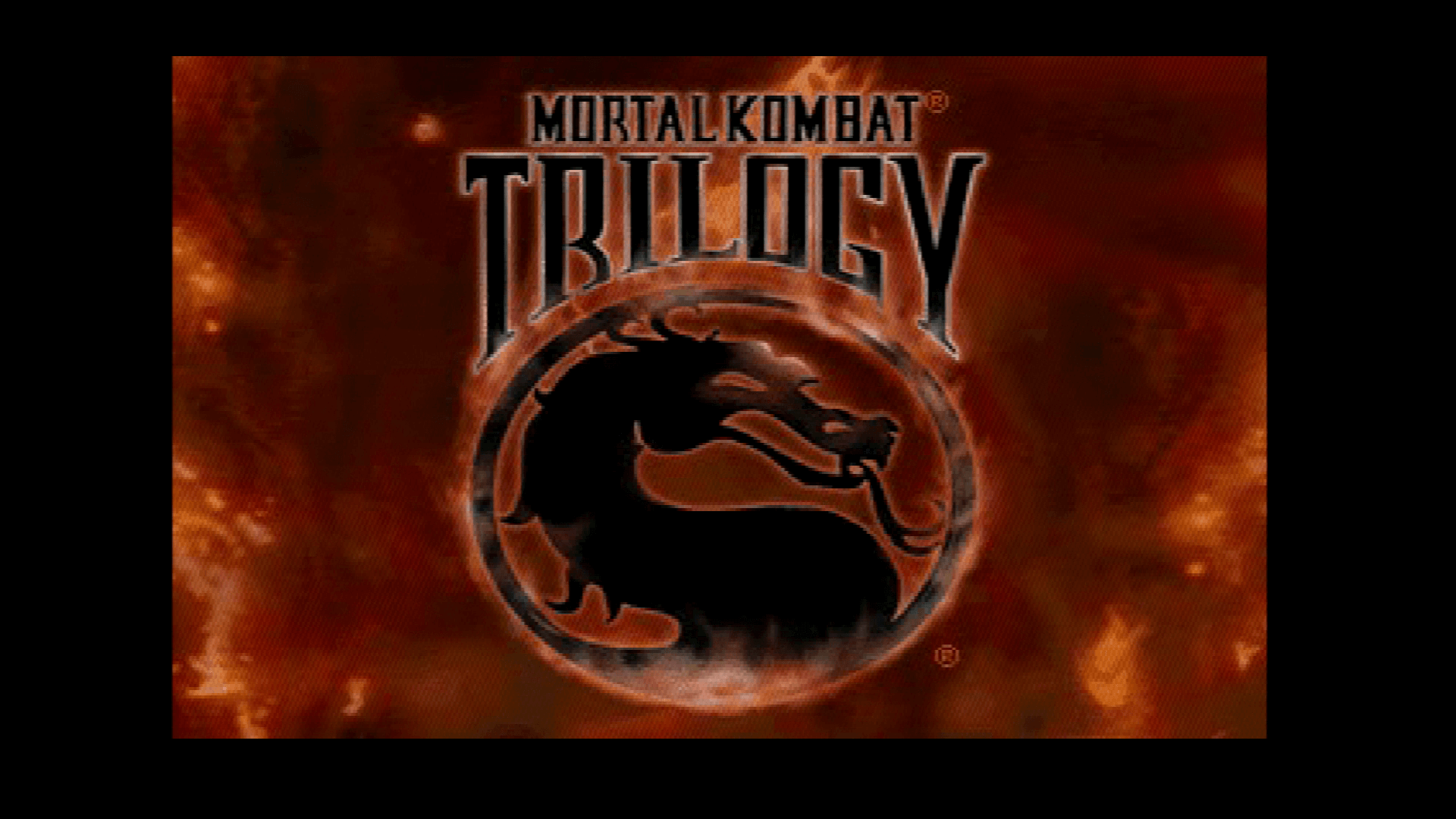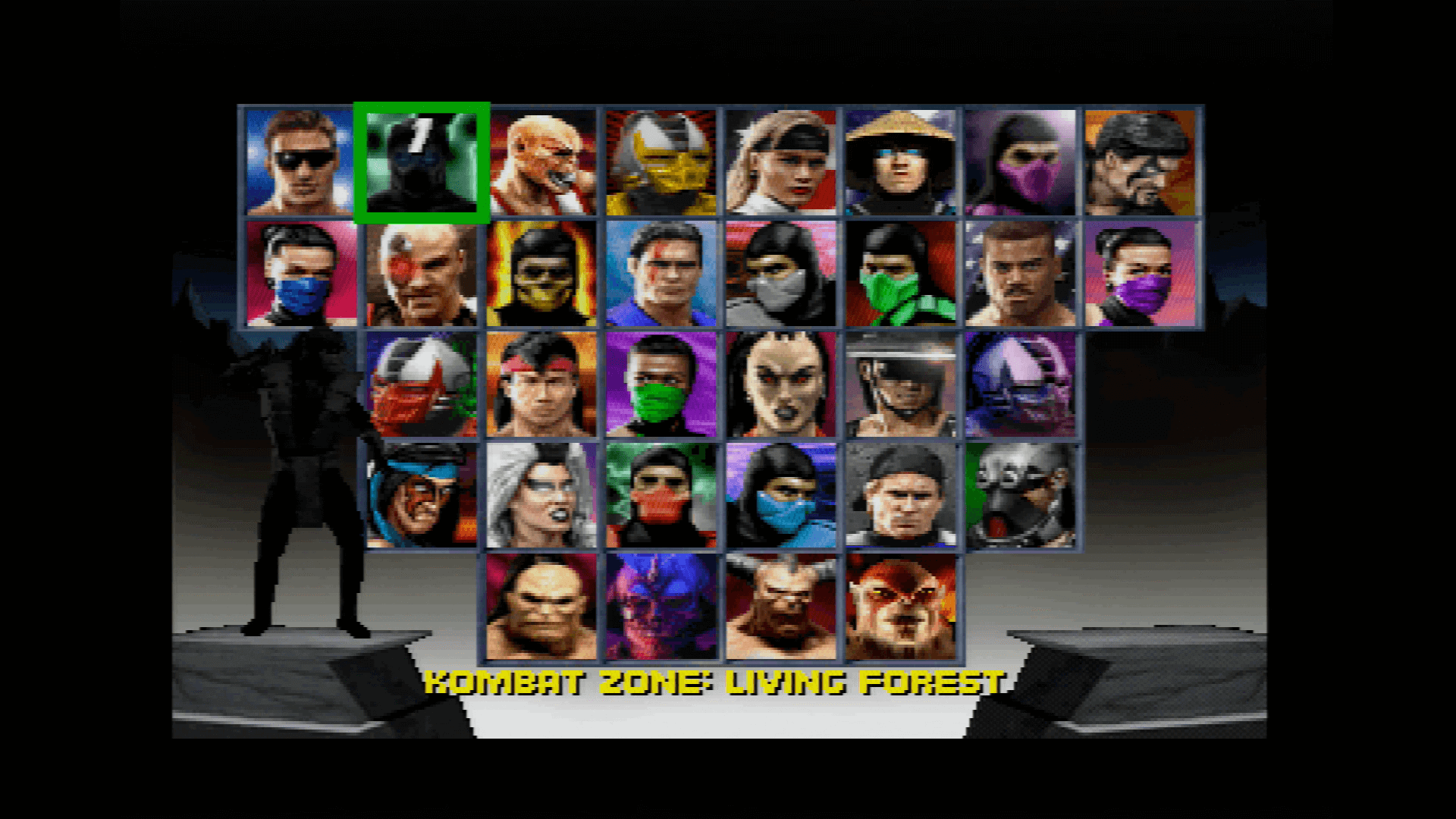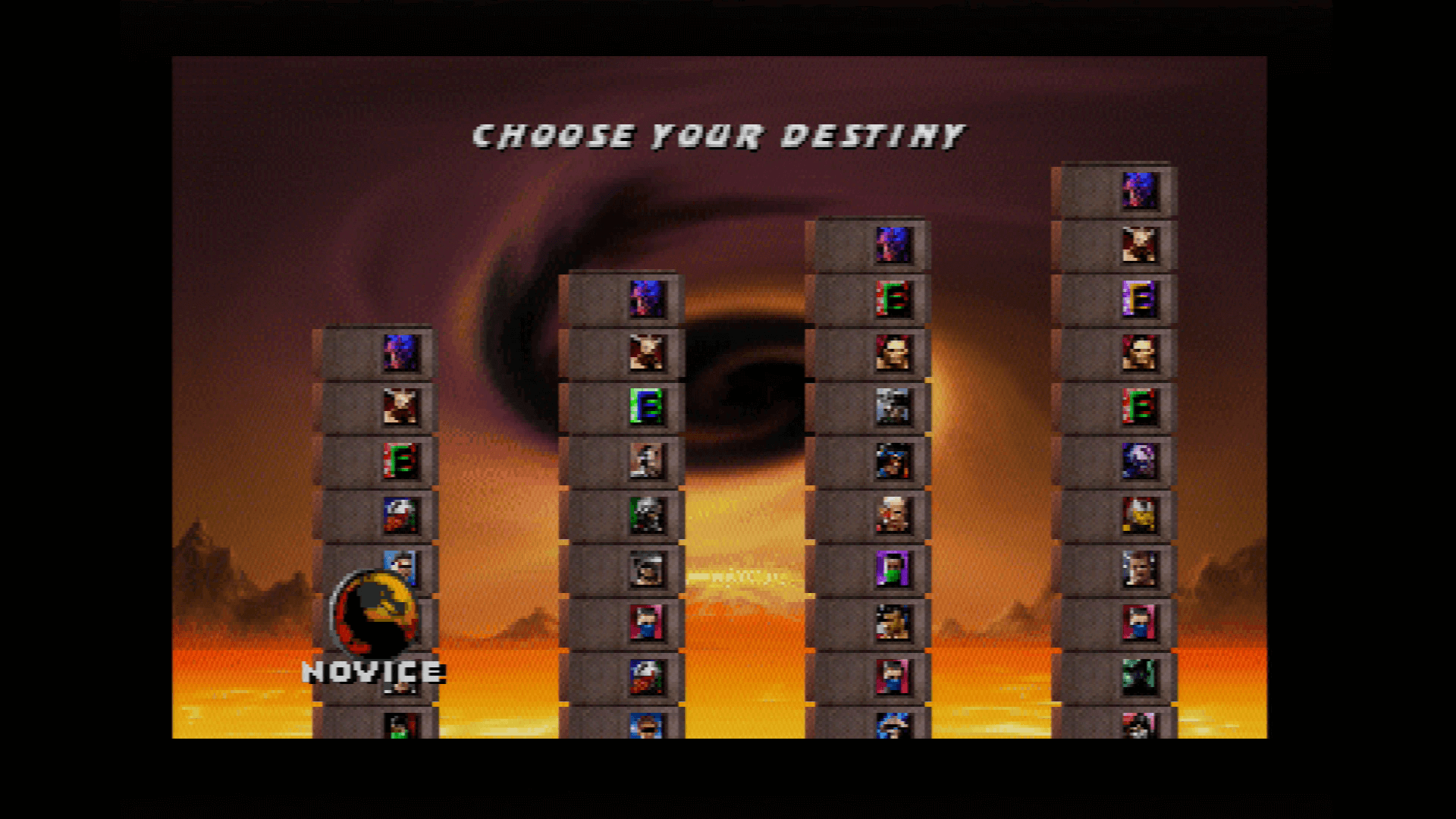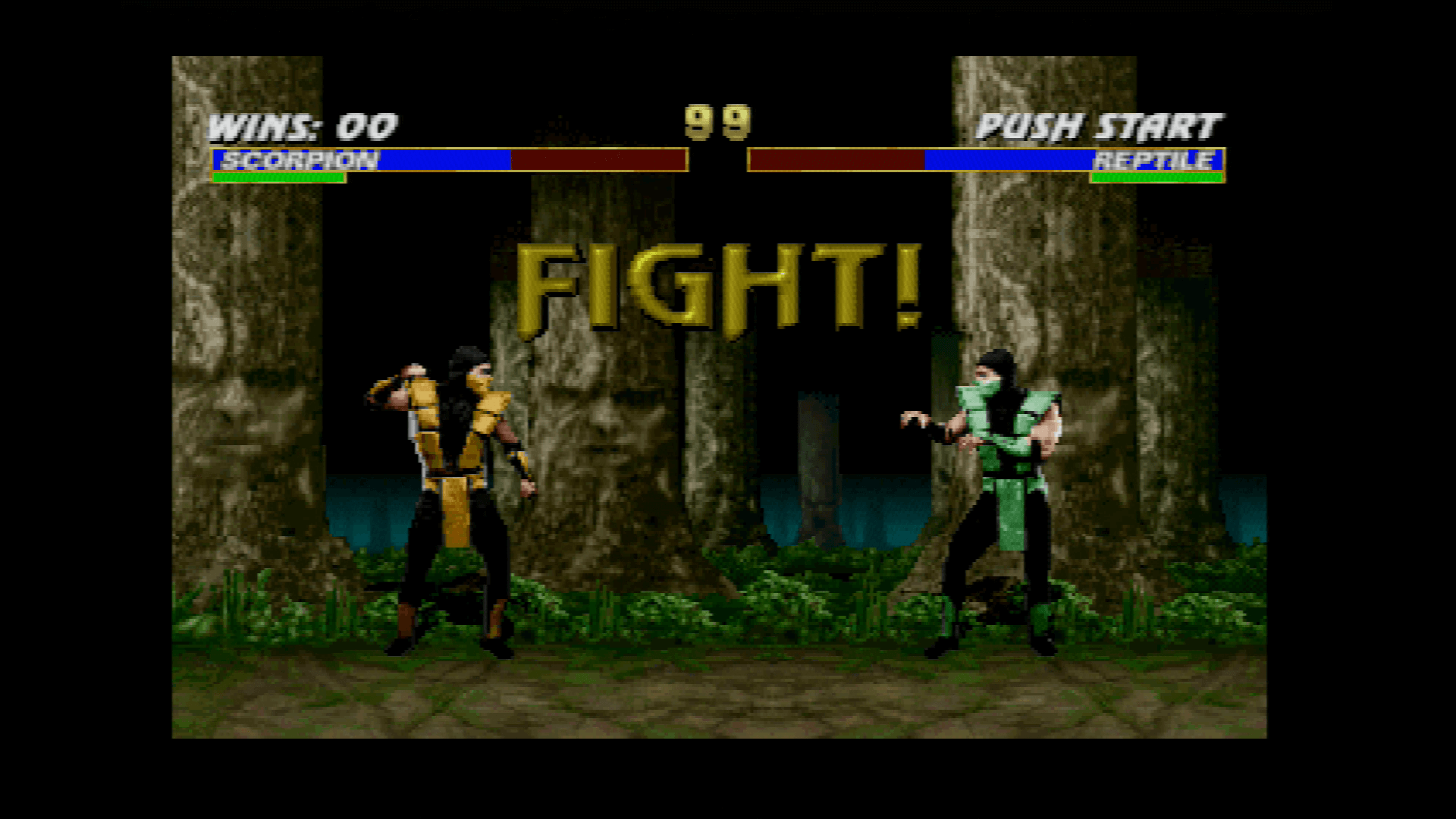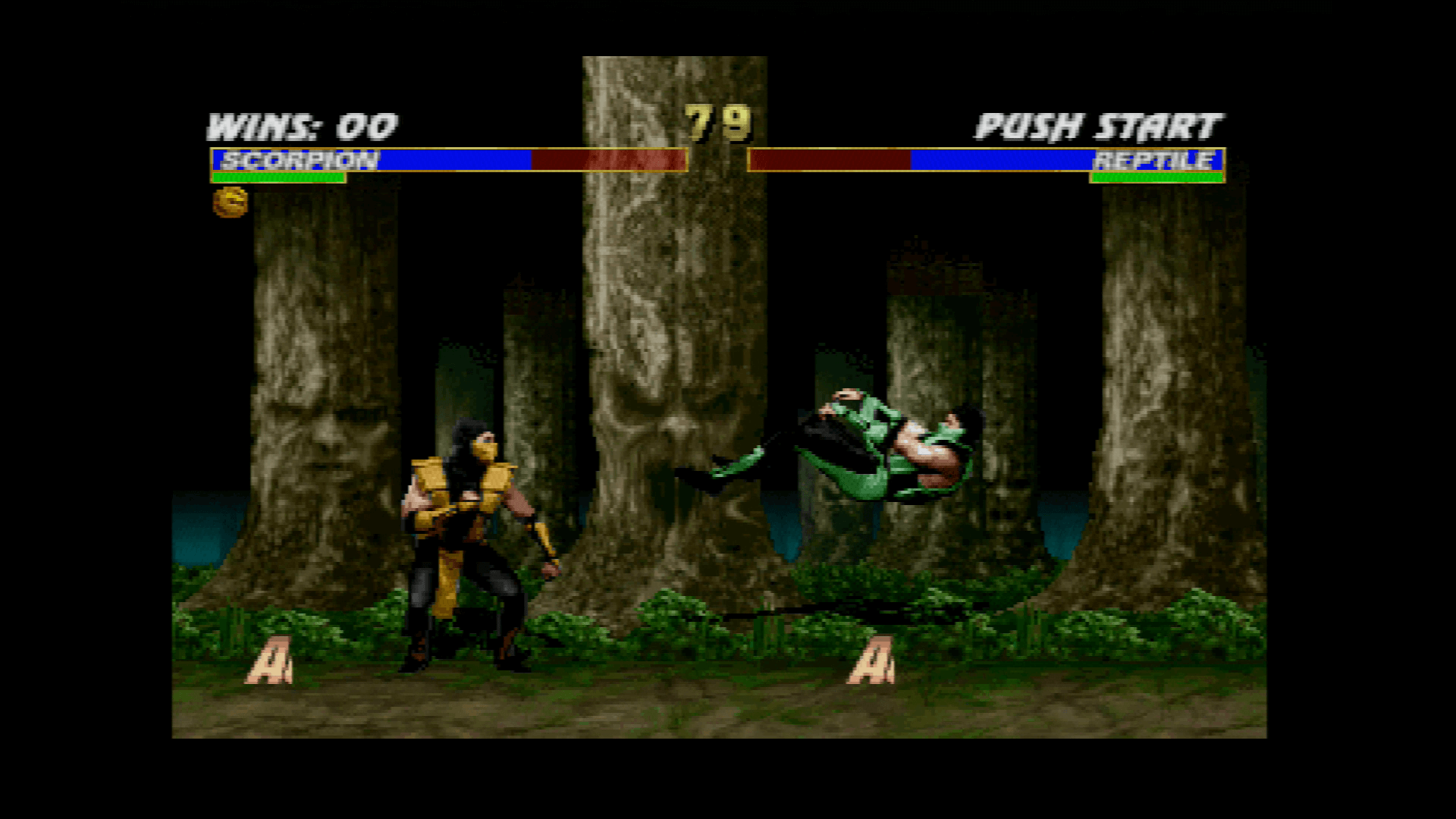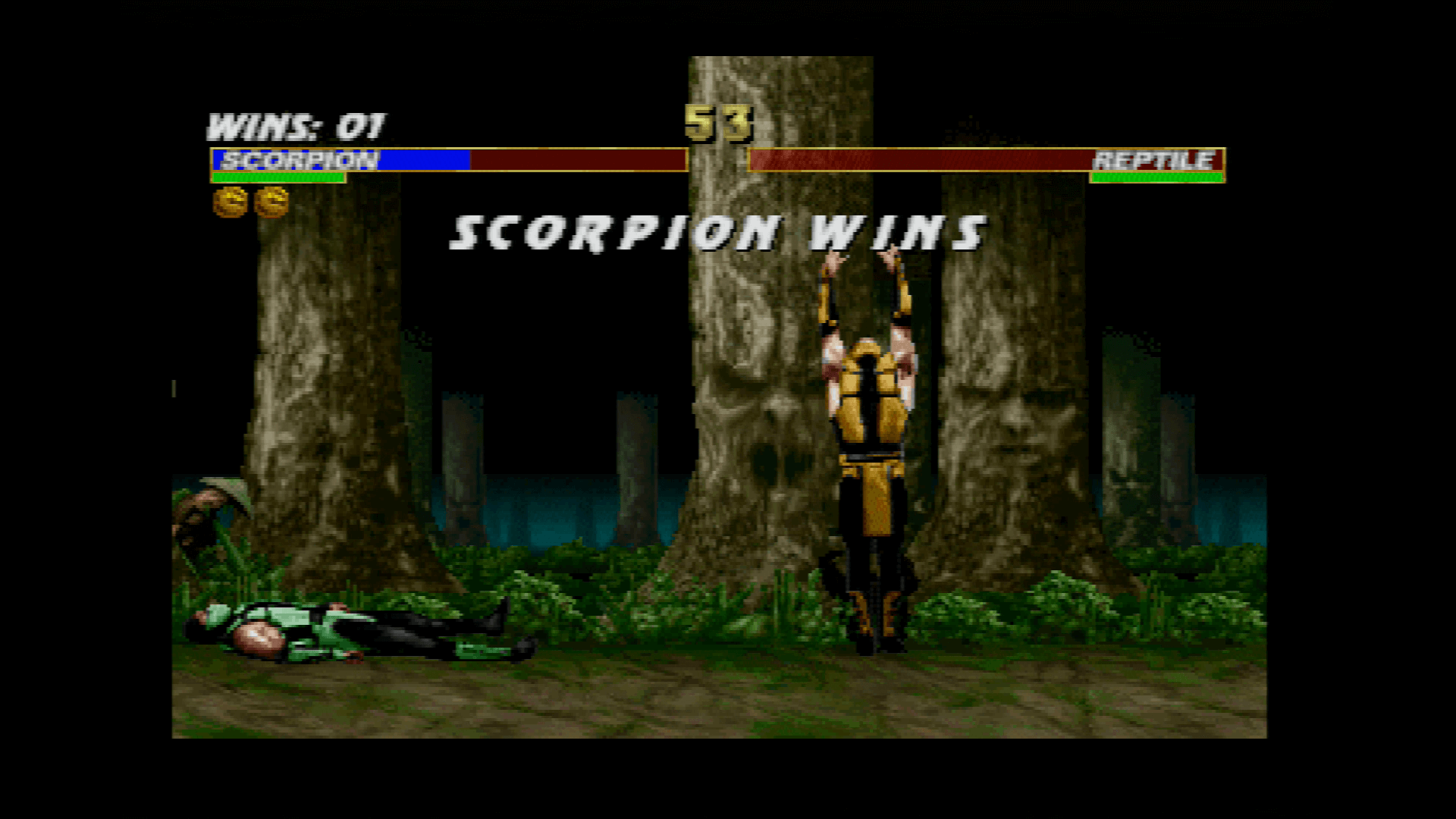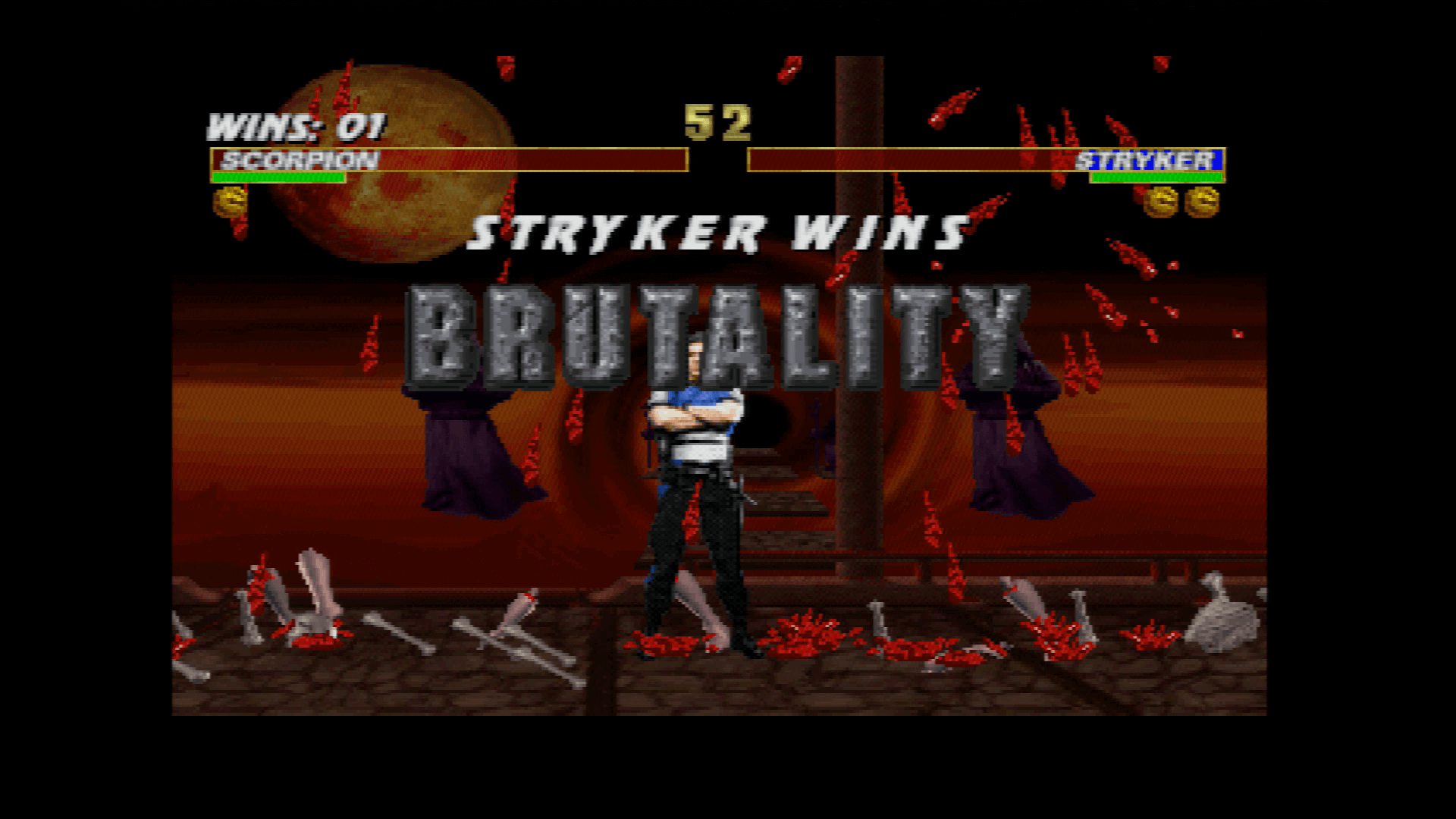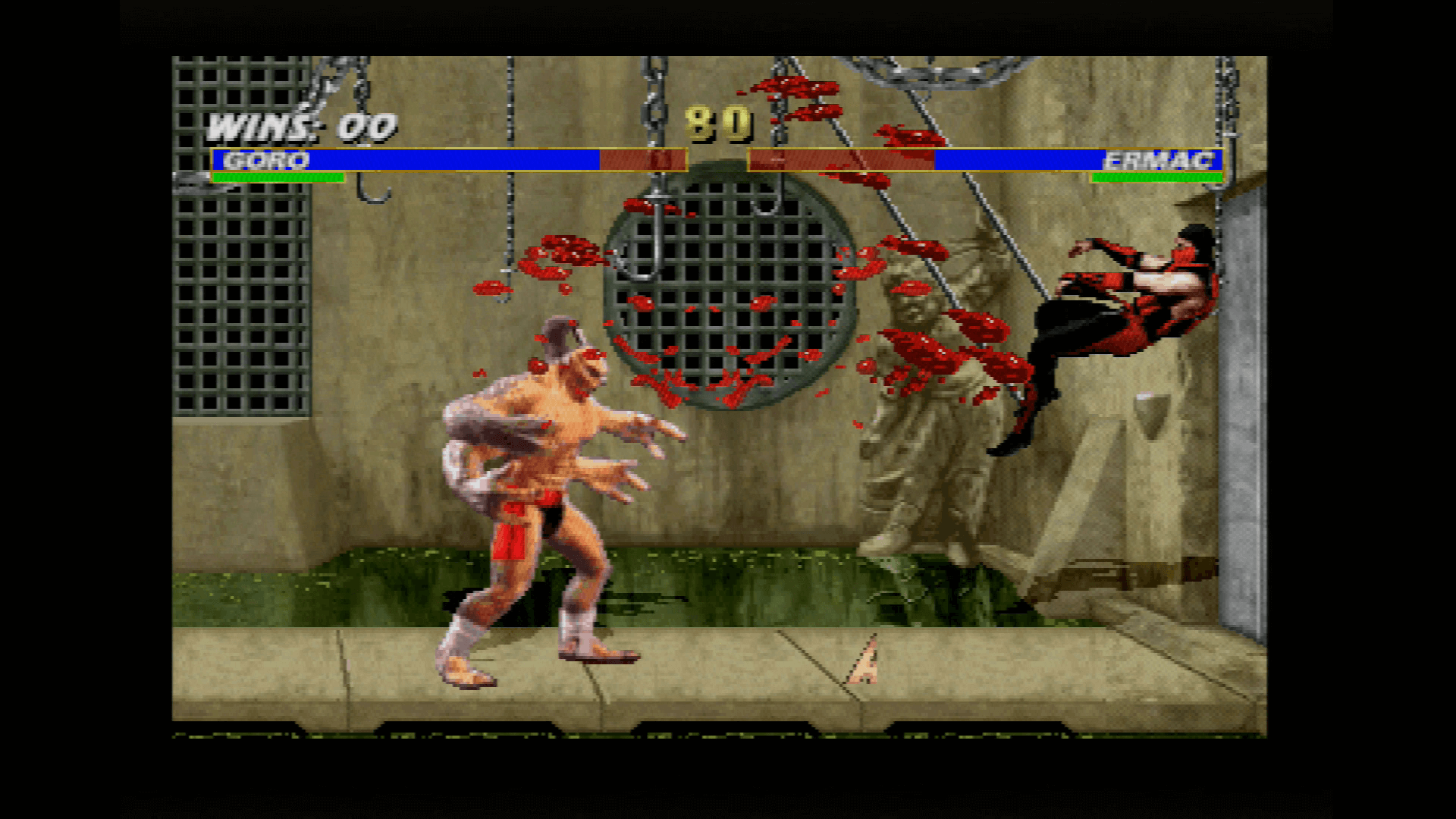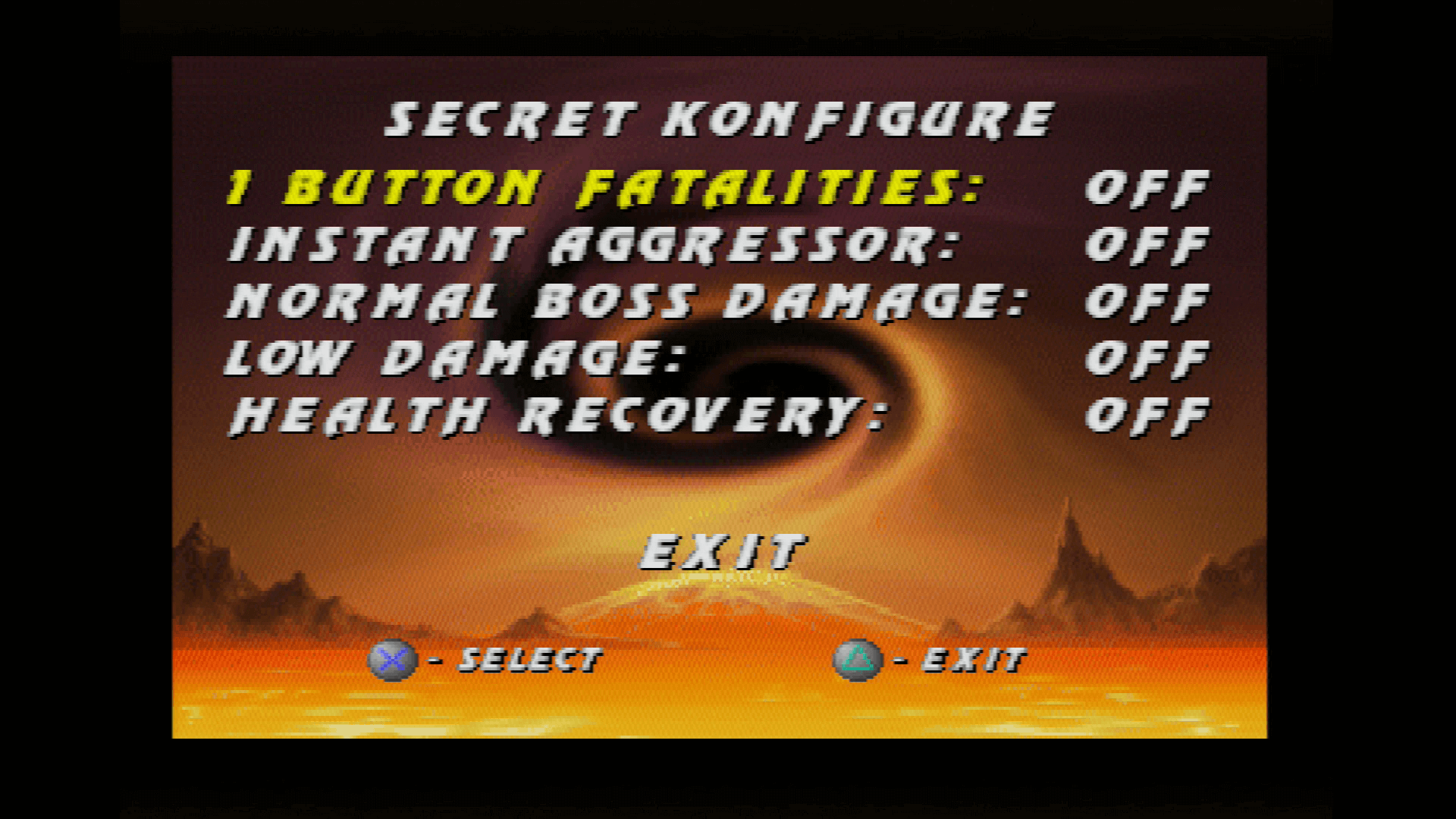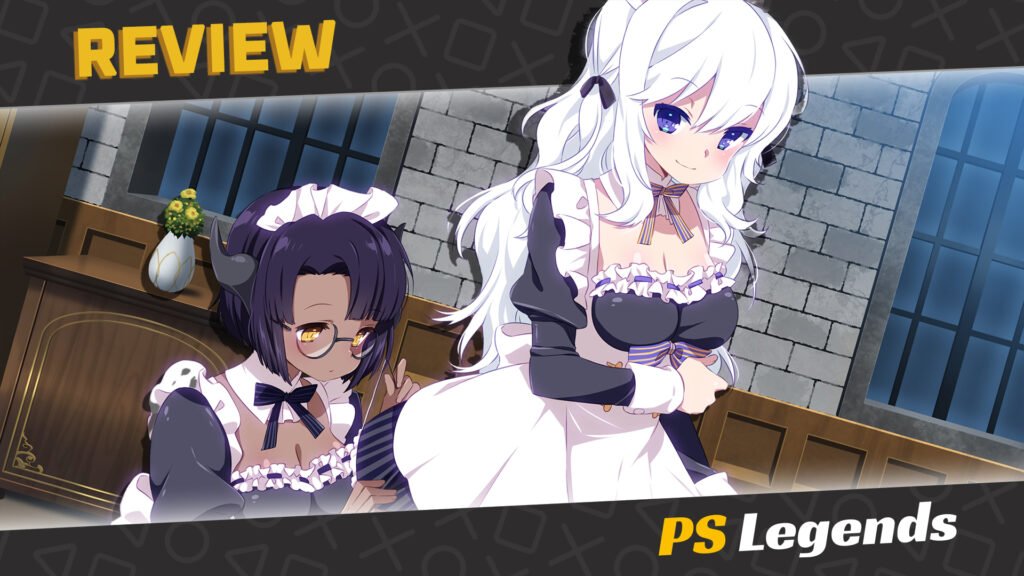In the annals of fighting games, few franchises carry as much weight and reverence as Mortal Kombat. Its visceral approach, memorable characters, and the perfect blend of gore and combat mechanics changed the fighting game arena forever. Mortal Kombat Trilogy sought to encapsulate this legacy into a single disc, offering a comprehensive Mortal Kombat experience. But how does it stand up in retrospect, and more specifically, how does it perform on Sony’s inaugural console?
A Brief Descent Into History
Mortal Kombat Trilogy was released in 1996 and has since then been a nostalgic gem, offering the expansive roster from the first three Mortal Kombat games and combining them into a definitive collection. At the time, the idea of having every character, from the mysterious Noob Saibot to the classic Scorpion, in one title was nothing short of spectacular. This was not just a simple collection but a celebration of Mortal Kombat’s early days. Additionally, for the first time ever, players could use the “boss” characters such as Shao Khan, Goro, Kintaro, and Motaro.
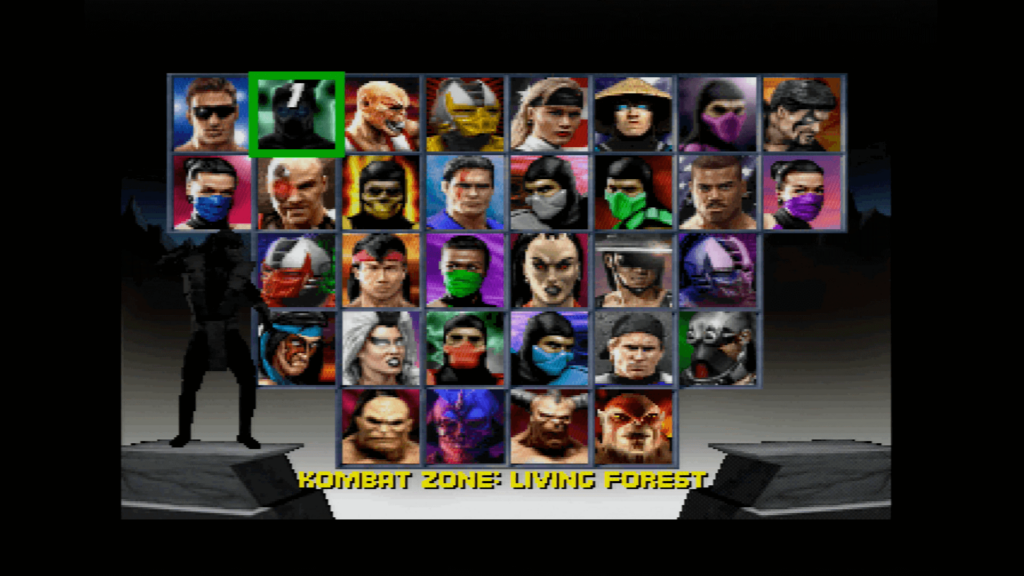
When we going [sic] to release Ultimate MK3 on consoles, it seemed odd to release it on the Playstation without doing something “special” for it. Since the PS1 had so much space (CD drive) we decided to include the MK1 and MK2 assets and call it MK Trilogy. Actually we were busy working on the arcade games and our San Diego team was doing the ports and MK Trilogy. It sold HUGE !!
Ed Boon on the development of Mortal Kombat Trilogy
My introduction to Mortal Kombat Trilogy came via a close friend. He had the PS1 edition, and together, we’d immerse ourselves for hours, experimenting with each character’s unique moves and finishers. The extensive roster, combined with Mortal Kombat’s signature dark and gothic ambiance, ensnared us in its thrilling universe, providing countless hours of entertainment. It was only years later that I secured my own copy. To this day, I occasionally dust off my PS1 to revisit this classic. This raises an interesting point about the game’s accessibility. Although it was never adapted for modern consoles like the PS4 or PS5, there’s a Windows version accessible on GOG. It’s quite unfortunate, as I had anticipated a modern port for years, only to be met with the rather lackluster Mortal Kombat Arcade Kollection.
Performance and Visuals on the PS1
The PS1, in its prime, was a beacon of technological advancements in the gaming world. Games like “Final Fantasy VII” and “Metal Gear Solid” showcased its capabilities. Within this context, Mortal Kombat Trilogy delivered a decent visual performance. Character models, while reflecting their arcade roots, were clear, animations were fluid, and the game managed to retain the dark, grim aesthetic that the series was known for.
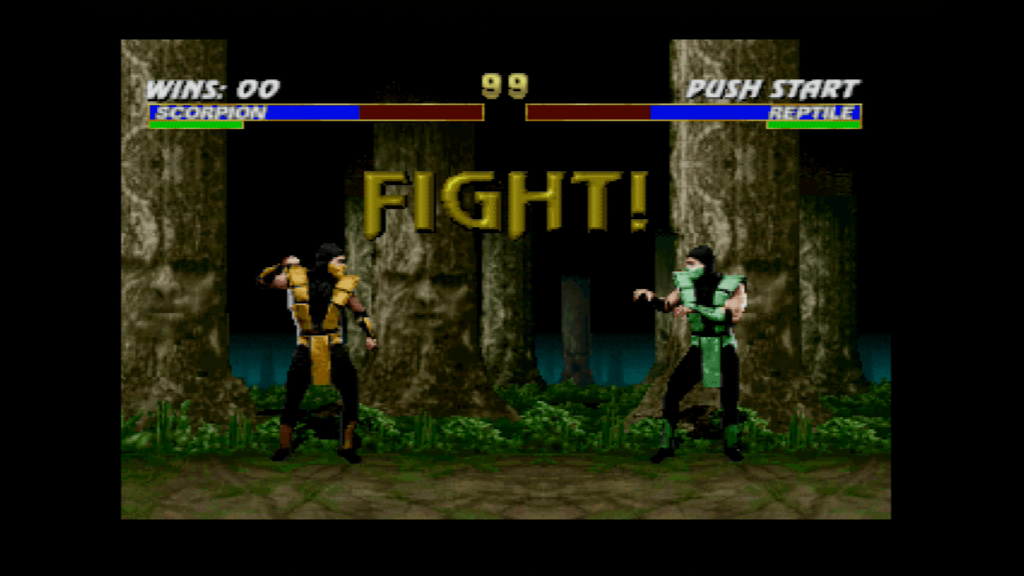
However, it’s essential to acknowledge that the game did have its limitations on the PS1. There were minor frame drops, especially when the screen was filled with characters and action. Moreover, the iconic backgrounds from the original games sometimes appeared pixelated or less detailed than their arcade counterparts. But, these minor hitches did little to take away from the overall experience.
There was also noticeably poor load times, which is an issue that plagued many PS1 games. Due to the sheer amount of data the game packed in, players often found themselves waiting for fights to load. Some of these load times could be 20 seconds or more! While understandable, given the technology of the era, the long load times did momentarily disrupt the pacing of the game as I fought through the arcade mode (or maybe we just don’t have as much patience as we once had).
The soundtrack for some of the stages also sounds a little off. There is a bit of a muted feel to them, making it feel as if you aren’t exactly listening to the original source track. This is particularly noticeable for some of the Mortal Kombat 3 tracks that are included.
An Ensemble Cast
One of the game’s crowning jewels was its character roster. Boasting over 30 characters, Mortal Kombat Trilogy provided an unparalleled choice in the series and has really only since been rivaled by the even larger Mortal Kombat: Armageddon. Whether you wanted to teleport around with Raiden or deliver punishing blows with Jax, the game catered to all playstyles. Every character had their own unique moves, fatalities, and backstory. This character diversity meant that every player could find their ideal fighter, leading to endless hours of gameplay and experimentation.
The game incorporated an array of diverse finishing moves for each of these fighters. These encompassed the iconic Fatalities, the beast-morphing Animalities, the infantile transformations of Babalities, the congenial Friendship gestures, and the newly introduced spine-chilling Brutalities. I used to spend hours picking random characters and trying out each of their different finishers!
The Gameplay
Mortal Kombat games have always been a social experience. Whether it was in the arcades or at home, the thrill of facing off against a friend was second to none. This was especially true for this entry. The game allowed for seamless two-player combat, ensuring bragging rights, and friendly rivalries were always on the line. As I mentioned previously, I used to play this a lot with my good friend and the rivalry was immense! Nobody likes getting their spine pulled out and held high as a victorious trophy.
While playing against friends was a joy, facing the game’s AI was a different beast altogether. The AI in Mortal Kombat Trilogy could be brutal and unfair. Even on medium difficulty settings, the computer-controlled opponents were relentless, often punishing the slightest mistakes with devastating combos. Even in 1996, the game was slammed for it’s notorious difficulty against the AI. The addition of being able to use the boss characters yourself offset this difficulty slightly but trying out a regular fighter commonly leads to frustration. Of course, these days we know that the AI in these games are hard core cheating against us and reading every single input to instantly and sometimes what should be impossibly counter our own attacks.
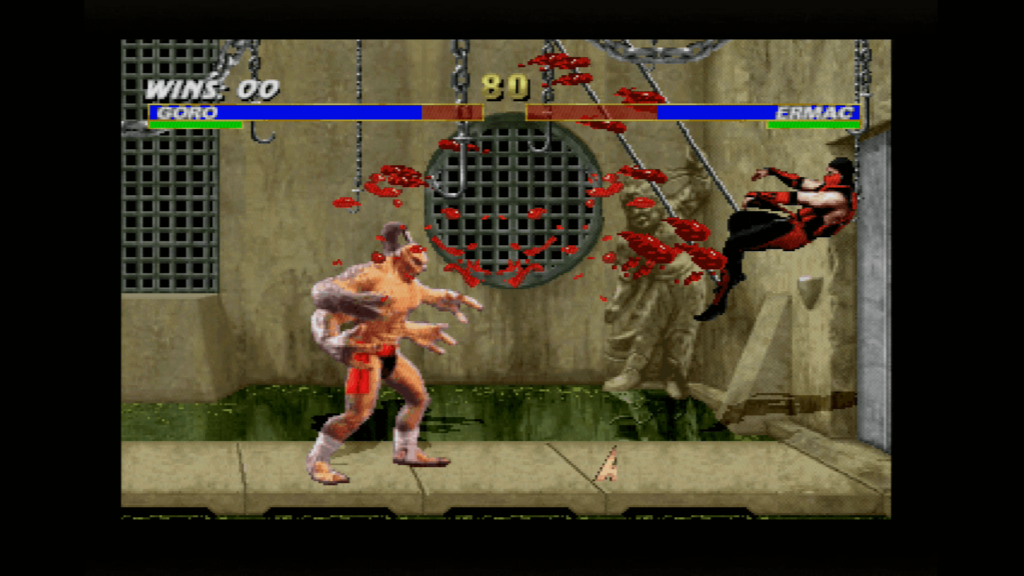
On the point of cheating, cheats have been a significant part of the Mortal Kombat lore. As a kid, I heavily relied on cheat codes in Mortal Kombat Trilogy, especially the beloved instant fatalities. Like many, I wasn’t familiar with most of the fatalities, so these cheats provided a handy shortcut. The game continued the series’ trend of offering a plethora of such codes for players. These cheats added a layer of fun and accessibility to the game, allowing even newcomers to showcase some of the most brutal finishers. While purists might argue against their use, there’s no denying the sheer joy of executing a complex fatality with just a simple code.
Finish Him
Mortal Kombat Trilogy on the PS1 remains a testament to the franchise’s golden days. I look back fondly on this game as it has always to me encompassed what 2D Mortal Kombat was good at. Combining a vast roster with the classic gameplay mechanics the series is known for, it provided countless hours of entertainment. While there were limitations in terms of graphics and load times (and a shoutout to the cheating AI), these minor setbacks didn’t diminish the overall experience.
It’s hard to recommend this game if you are playing solo, as eventually, the AI will just end up continually frustrating you to the point of you turning the game off. If you want to experience Mortal Kombat Trilogy, I recommend doing so with a buddy. While Mortal Kombat Trilogy is a trip down memory lane, thanks to its huge cast of characters and content, it can be a frustrating trip.
Joys
- Huge cast of fighters
- Stages and music tracks from MK1-3
- Cheats! One button fatalities!
Cons
- Slowdowns
- Brutally difficult and cheating AI
- Muted sountracks
